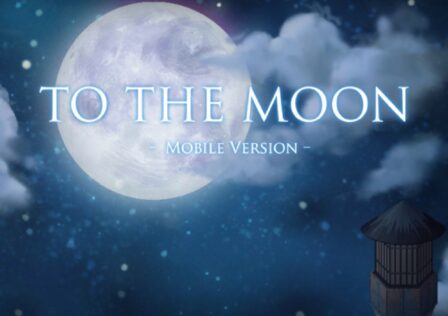The demand for independent games is growing, look at one of the many online gaming stores and you’ll see its full of indy games.
More artistic games used to be seen as financially risky by the larger publishers who would rather create a game that appeals to a more mainstream audience and sell more copies. Which made it tough for some developers to get their work noticed and leaves some consumers bored and disillusioned. Independent developers are becoming more common and gaming giants Sony, Nintendo and Microsoft have all recognised their importance and have aimed to make their respective hardware easier for developers to create their work on by sending indy developers free ‘dev kits’ to encourage them. Where this has helped developers create their games they still need to find funding.

Crowd funding website Kickstarter has provided many developers with a solution. Kickstarter is a platform that allows users to “bring creative projects to life.” According to its website Kickstarter has so far received more than $1.5 billion in donations from nearly 8 million supporters to fund over 200,000 projects, such as films, music and games. It allows consumers to help fund things they want to get released, allowing people a bigger say in the industries they like to support. Giving people the option to literally vote with their wallets demonstrates what people are willing to spend more money on. This results in the large publishers taking more chances with the games they release instead of churning out the usual software updates every year.

Mike Hanson, founder of indie developer Psychotic Software has found success and critical acclaim for his games using Kickstarter. As a child of the late 80s and early 90s, Mike yearned to play what he considers retro games on modern hardware. Knowing he was not alone and that many gamers crave the same feeling of nostalgia, Mike set about creating a vibrant and addictive 2D shooter called Power Up (we very much liked the name!) The game involves a large spaceship shooting smaller ones and is reminiscent of the type of games that came out on earlier consoles such as the Sega Megadrive and the Super Nintendo.

Production of Power Up went viral when Mike started to create videos documenting his progress and uploading them to social media. He later put the project on Kickstarter asking his followers to pledge what they could to the campaign if they wanted to help him get it released. The campaign caught the eye of Microsoft who offered to sell Mike’s game on their Xbox Live service once is reached its target and was completed. Kickstarter helped the Mike raise over £7000 back when he started out in the industry, this was enough to finish the game, then get it released. Critics praised Power Up and it wasn’t long until other platforms such as Apple’s iOS and Steam invited Mike to produce the game for their online services.
“I couldn’t have done it without platforms like Kickstarter,” said Mike when discussing the games production. “This is the future for indie developers like myself. It helps us get a big break and get noticed. Even if you don’t want to stay an indie developer forever Kickstarter can help any dev get his or her talents showcased.” He went on to say that developing games is more than a hobby, “if you enjoy doing it then why not get paid for it? There will be somebody out there willing to pay you to do it, and more than likely people will want to play what you make.”

Mike paid tribute to all his contributors personally on the games credits, with each of their names appearing in the ‘Special Thanks’ section. He has since gone on to create a second game; Flix the Flea. Like Power Up Flix is also a retro-revival title, but the game is a platform adventurer instead of a shooter.

The rise of indie games has been forever changed by Kickstarter and is expected to have a lasting impact on the games industry on the whole. The business itself has evolved quickly and more and more people are becoming gamers as more innovative ideas take shape. It will be interesting to see if the PS5 and Project Scarlett keep this trend going.



